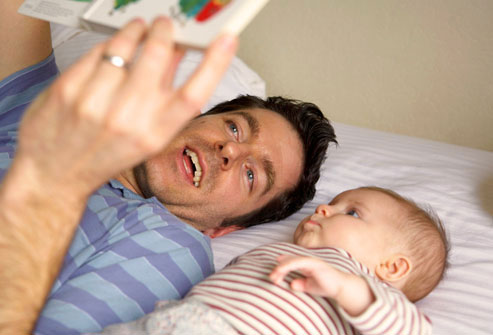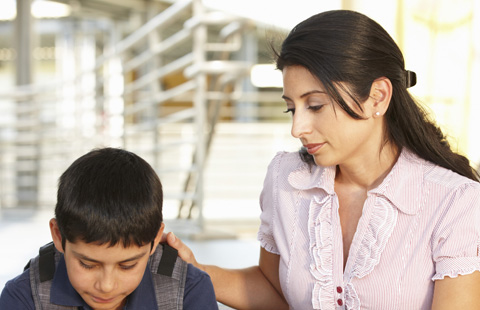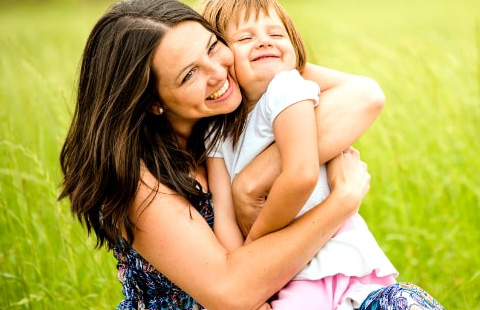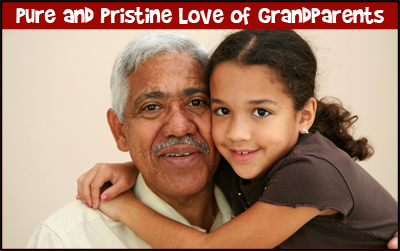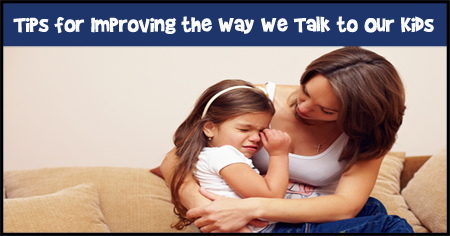 Parenting is all about the right way of communicating with your child as it can help you to understand your child’s behaviour. Find some tips for improving the way we talk to our kids.
Parenting is all about the right way of communicating with your child as it can help you to understand your child’s behaviour. Find some tips for improving the way we talk to our kids.There are many phrases used by parents most often that do not seem to be negative or rude, but are disruptive. These sentences, regardless of the fact whether you said it with a good intention, convey messages to a small child which can affect his or her entire life. This skill may require some time, but they will be much more effective and can help change the way of thinking and approach of your child as well.
“Leave Me Alone”
Taking care of children or a small child is a full time and quite hectic work. Everyone needs to get recharged. If you tell your child, ‘do not bother me’, your child might take it as there is no need to talk to you because you keep her off. These children do not share their day’s happenings with parents when they grow up. However, what you should do is just be realistic. Tell your toddler that you have to complete a specific work and once it is done you will get back to her.
“No”
Small children have to hear this word, ‘no’ most often. It can be for anything they do which is not acceptable at that moment. Instead of making the sentence
negative, you can use the
positive tone and tell them what they should do instead.
“Good job”
This phrase is one of the most common
praises that nearly all children hear. You need to acknowledge the work done by your kid and you should mention that. Remember, you are appreciating for what they worked for and not for what you think is good.
“Stop crying”
This is an obvious reaction of all parents when their child cries. Kids can get scared or feel bad about things. It is natural. You should point out the real feelings and tell her that you are with her and you will not leave her hand.
“Do not argue with me”
Children question often. This can sometimes seem like argument, but this is a natural part of their development. Train yourself to make yourself fully understandable for your child.
“You know better than that”
Learning is a process that involves trial and error. It is quite possible that previously your child did something in a different situation. Generalizing things will make your child feel confused and bad. If she makes the same mistake, say, ‘I would like you to do it this way, thank you’.
“If you do that again…”
Parents use this habitually and direct their kids. Well, you need to make it precise. For example, ‘if you poke your sister, you are not going to watch television today’. This clearly states the consequences and you do not have to threaten as well.
“You are so…”
These labels are most often short cuts or sometimes the sentences are complete also. However, these can get dangerously deep at times. The best way is to point out a specific
behaviour of your kid and do not add any adjective that is related to your child’s personality.
“You are doing it wrong”
Allow your kid to do things freely. Just keep an eye that there is no danger involved. If your child is colouring the sun blue, you should say it is yellow and show her.
“Why did you do that?”
If your child has done something that you do not like, this typical question will not make her aware of her mistakes.
You should understand your child’s behaviour and avoid opening the lines of communication. No matter whether your
child is behaving positively or negatively, try and understand what she did and then convey to her being realistic. Retraining your way of speaking will take time. But it could be done. It will not happen overnight. It needs some practice.
Parenting is one of the most difficult tasks in the world. After all you are training and designing the entire life of your child. You have to be cautious and careful to help her become a good, confident and well-mannered person.
How should parents speak to their kids? How to say ‘No’ to a child? How does the way in which parents talk affect kids? Discuss here.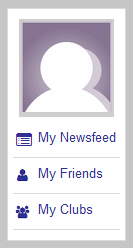












 Parenting is all about the right way of communicating with your child as it can help you to understand your child’s behaviour. Find some tips for improving the way we talk to our kids.There are many phrases used by parents most often that do not seem to be negative or rude, but are disruptive. These sentences, regardless of the fact whether you said it with a good intention, convey messages to a small child which can affect his or her entire life. This skill may require some time, but they will be much more effective and can help change the way of thinking and approach of your child as well.
Parenting is all about the right way of communicating with your child as it can help you to understand your child’s behaviour. Find some tips for improving the way we talk to our kids.There are many phrases used by parents most often that do not seem to be negative or rude, but are disruptive. These sentences, regardless of the fact whether you said it with a good intention, convey messages to a small child which can affect his or her entire life. This skill may require some time, but they will be much more effective and can help change the way of thinking and approach of your child as well.




